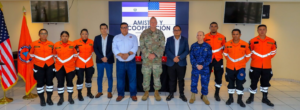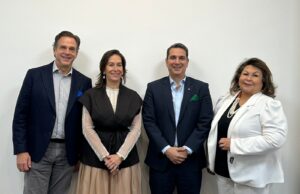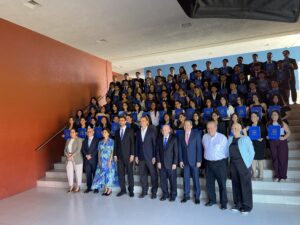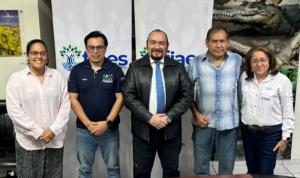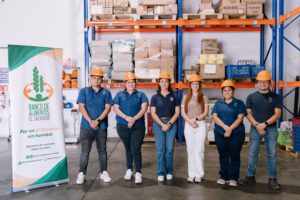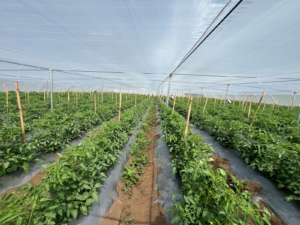Walmart Mexico and Central America has taken firm steps to become a regenerative company, a vision that transcends traditional sustainability by placing the well-being of people and the planet at the center of its operations. Under this strategy, the multinational not only seeks to minimize its environmental impact, but also to regenerate ecosystems, strengthen communities and promote inclusive economic development throughout the region.

One of the key pillars of this transformation is the commitment to the use of 100% renewable energy in its operations. This energy transition has significantly reduced its carbon footprint, aligning it with the Sustainable Development Goals (SDGs) and contributing to the fight against climate change. In addition, the company operates under a zero food waste model, which involves the systematic donation of surpluses suitable for consumption, preventing them from ending up in landfills.


Walmart has donated more than 6 thousand tons of food in the region, benefiting thousands of vulnerable families and strengthening social support networks. These actions are part of a circular economy model that takes advantage of available resources, reduces waste, and creates social value. At the same time, the company promotes programs to mitigate the environmental impact of its logistics and transportation operations.

One of its most important social initiatives is “Mercadito PYPE,” a space designed so that micro and small entrepreneurs can exhibit and sell their products directly in Walmart stores, Supertiendas Paiz and other stores in its commercial network. This program seeks to strengthen the entrepreneurial fabric, generate local employment and promote an inclusive economy. Similarly, with ““Una mano para crecer” and “Tierra Fértil”, the company directly supports Salvadoran and Central American farmers and producers, providing them with access to markets and tools to improve their productivity.

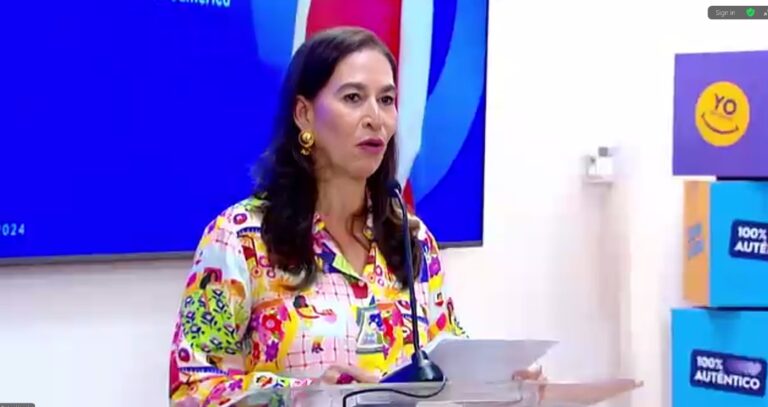
Walmart’s commitment to the community has also been reflected in emergency situations. In response to natural disasters in Central America, the company has allocated US$100,000 in immediate donations to provide relief to affected populations. In addition, the company has provided a total of US$15.7 million in direct support through social and community programs implemented in different countries in the region.

Beyond its stores, Walmart is committed to generating shared value with its employees, customers, suppliers, and strategic partners. The regenerative vision involves building long-term relationships based on equity, respect, and co-responsibility. This translates into fair labor practices, employee wellness programs, and partnerships with non-governmental organizations working for sustainable development.
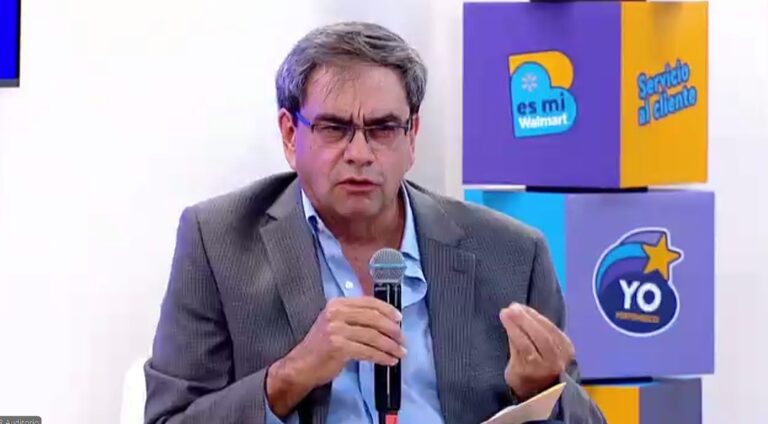
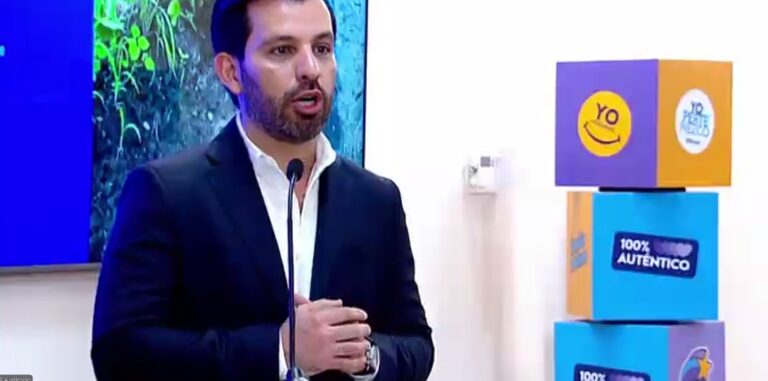
The regenerative approach also implies a cultural change within the company, where every operational and strategic decision considers its environmental and social impact. From eco-friendly packaging design to consumer education on responsible consumption, Walmart seeks to positively influence the entire value chain.

With these actions, Walmart Mexico and Central America demonstrates that business growth can go hand in hand with caring for the environment and strengthening communities. Its strategy as a regenerative company positions the multinational as a regional benchmark for sustainable innovation, social resilience, and corporate responsibility, reaffirming its purpose of helping people save money and live better, today and in the future.



